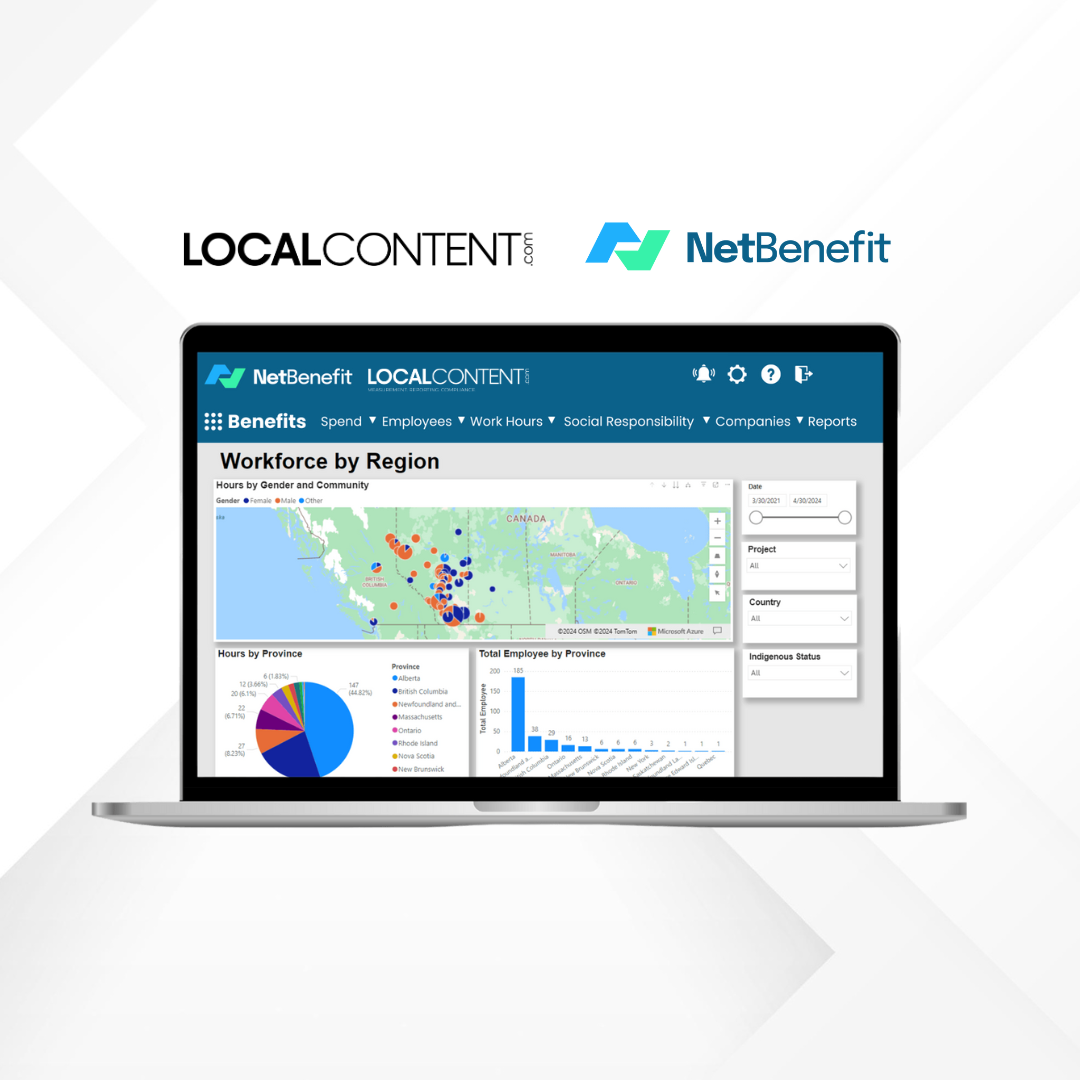A Final Investment Decision (FID) is a critical point in the development of a project where the project stakeholders, typically the board of directors or senior management, formally commit to proceeding with the investment. This decision follows extensive feasibility studies, detailed planning, and risk assessments to ensure the project’s viability and profitability. The FID marks the transition from the planning and development phase to the execution phase, where significant financial resources are allocated, and contracts are signed for construction, procurement, and operations. It is a pivotal milestone that signifies the project’s official green light.
Create an account
Welcome! Register for an account
A password will be e-mailed to you.
Password recovery
Recover your password
A password will be e-mailed to you.








